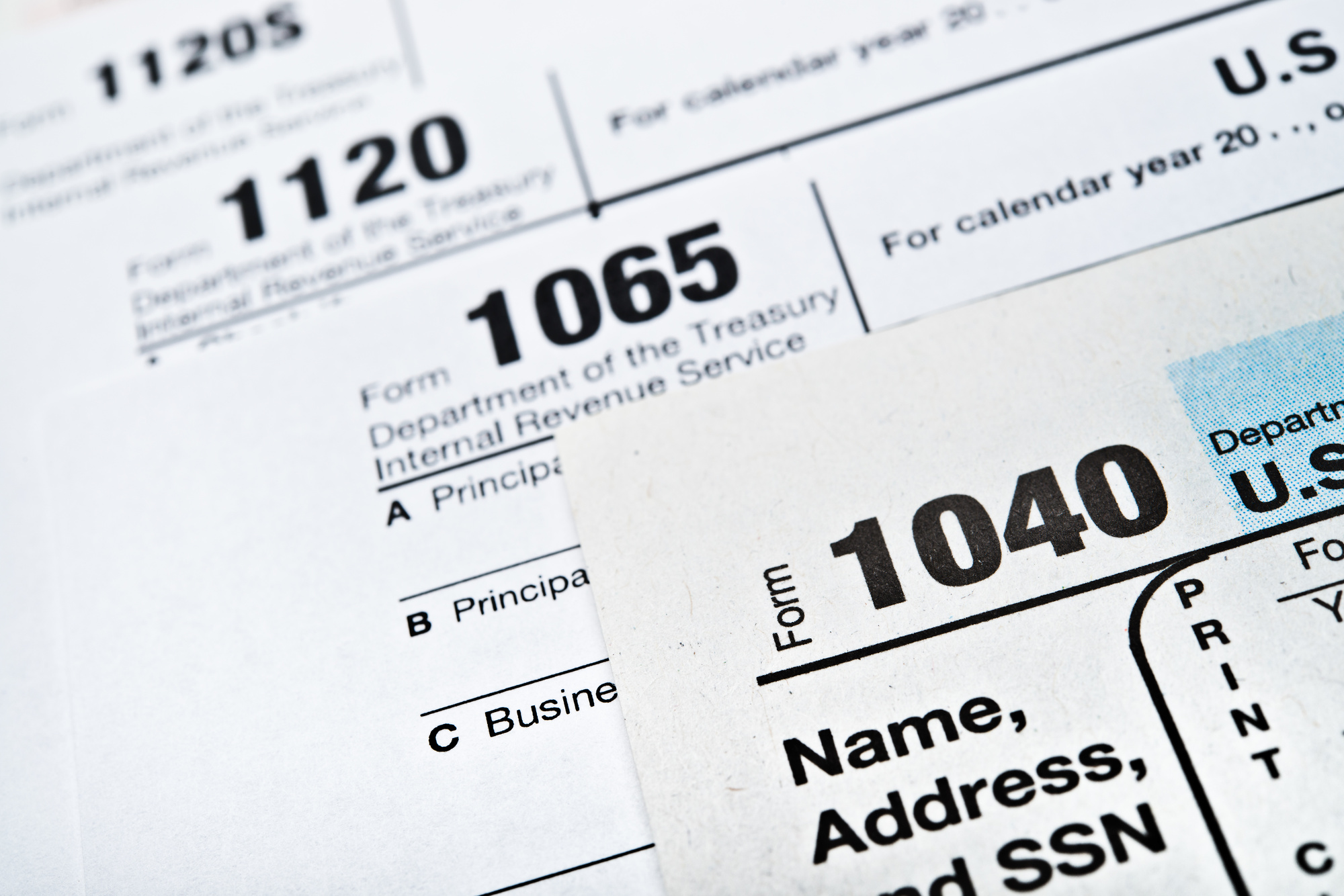
100+ Years of Combined Tax Resolution Experience.
100+ Years of Combined Tax Resolution Experience.
For many, the big “3-0” is the first age at which the reality of adulthood sets in. As your friends – or you – marry and start families, the responsibilities can seem to pile on pretty quickly. And it can certainly be argued that transitioning from your 20s to 30s means big shifts in the way you spend and manage money. This week we continue our taxes through the ages series with tax tips for our friends in their 30s.
New Tax Breaks
With this new phase of adulthood come new expenses – and that may mean new tax breaks for you. Here are a few big deductions that may help push you into a lower tax bracket:
- Mortgage interest – For homeowners who itemize instead of taking a standard deduction, you may be able to write off your mortgage interest.
- Student loan deductions – Up to $2,500 in student loan interest is deductible – and you don’t have to itemize. If you are married and file a separate return, however, you cannot claim this deduction.
- Child tax credit – This credit is worth up to $1,000 per qualifying child and can reduce your tax liability on a dollar-for-dollar basis. There’s also an additional credit available for working parents. Having a child this year? Their new name might just be “Deduction!”
Tax Breaks to “Break Up” With
Entering your 30s also means saying goodbye to a few deductions you may have claimed in the past. For many, that means parting ways with the following:
- Earned Income Credit – This credit is designed for low- to moderate-income workers, however, you have to be under a certain income limit to file. As of this year, individuals under 25 can qualify with an adjusted gross income of $14,820 or less. (This amount is more for individuals who are married or have kids.)
- Retirement Saver’s Credit – This credit gives you a payback for saving in an IRA or in your employer’s retirement plan. It is worth up to $2,000 for individuals or $4,000 for married couples filing jointly. But again, you have to be under a certain income to qualify – and with the average income for 30-somethings sitting around $34,000, that means you likely will not qualify.
Bigger Tax Bills
While making more money can be a big positive, it may also push you into a higher tax bracket. For example, in 2015 single filers who earned between $9,226 and $37,450 fell into the 15% bracket. However, individuals who made $37,500 – just $50 more per year – fell into the 25% bracket. (In good news, however, that doesn’t mean you’d pay 25% on all your income, just the income above the $37,450 line!) The IRS continually adjusts these brackets, so make sure you keep track to know just how much those bigger paychecks affect your taxes.
Taxes can be overwhelming at any age. Fortunately, we’re always here to help. Be sure to browse our services page and fill out the form for a free consultation. Or give us a call at 844-841-9857!
Learn More About Advanced Tax Planning
Additional Readings

Did you know that last year, the IRS rejected about 3.4 million tax returns that were filed electronically? In many of those cases, the return wasn’t rejected because of fraud or some major problem. The issue was simply that the filer had entered the wrong AGI for the previous year’s income tax return. An incorrect...

Many people have questions about why their filing status matters. Some of the most misunderstood filing statuses are Married Filing Jointly (MFJ) and Married Filing Separately (MFS). MFJ is a filing status for couples who have wed before the tax year’s end. MFJ allows you and your spouse to record your incomes, credits, exemptions and deductions on the same return. The alternative is...

For some taxpayers, tax time means they get a sizable refund, and others find out they owe the Internal Revenue Service (IRS) a hefty sum. If your tax bill is more than you can afford to pay at once, you have options. The IRS offers tax payment plans, also known as installment agreements, that let...

The school year is well underway, and while summer is over- there are certain summer activities which can affect your financial situation. Many people use the summer to get married, go on vacation, send kids to camp and work part-time at a seasonal job. While your summer may be filled with sunshine and fun, different activities or...

In March 2020, the Internal Revenue Service (IRS) paused tax collections and enforcement policies temporarily in response to the coronavirus pandemic. Rising unemployment rates had left millions of taxpayers struggling to pay their bills. However, with the country’s health climate back on the rise, the IRS announced that their automated lien and levy programs would...

In the US, the Internal Revenue Service, or IRS as it is commonly known, handles the responsibility of collecting federal taxes and ensuring that tax laws are followed. Many people think of the organization only when it is tax season and don’t understand what else the IRS is in charge of. The IRS Data Book...